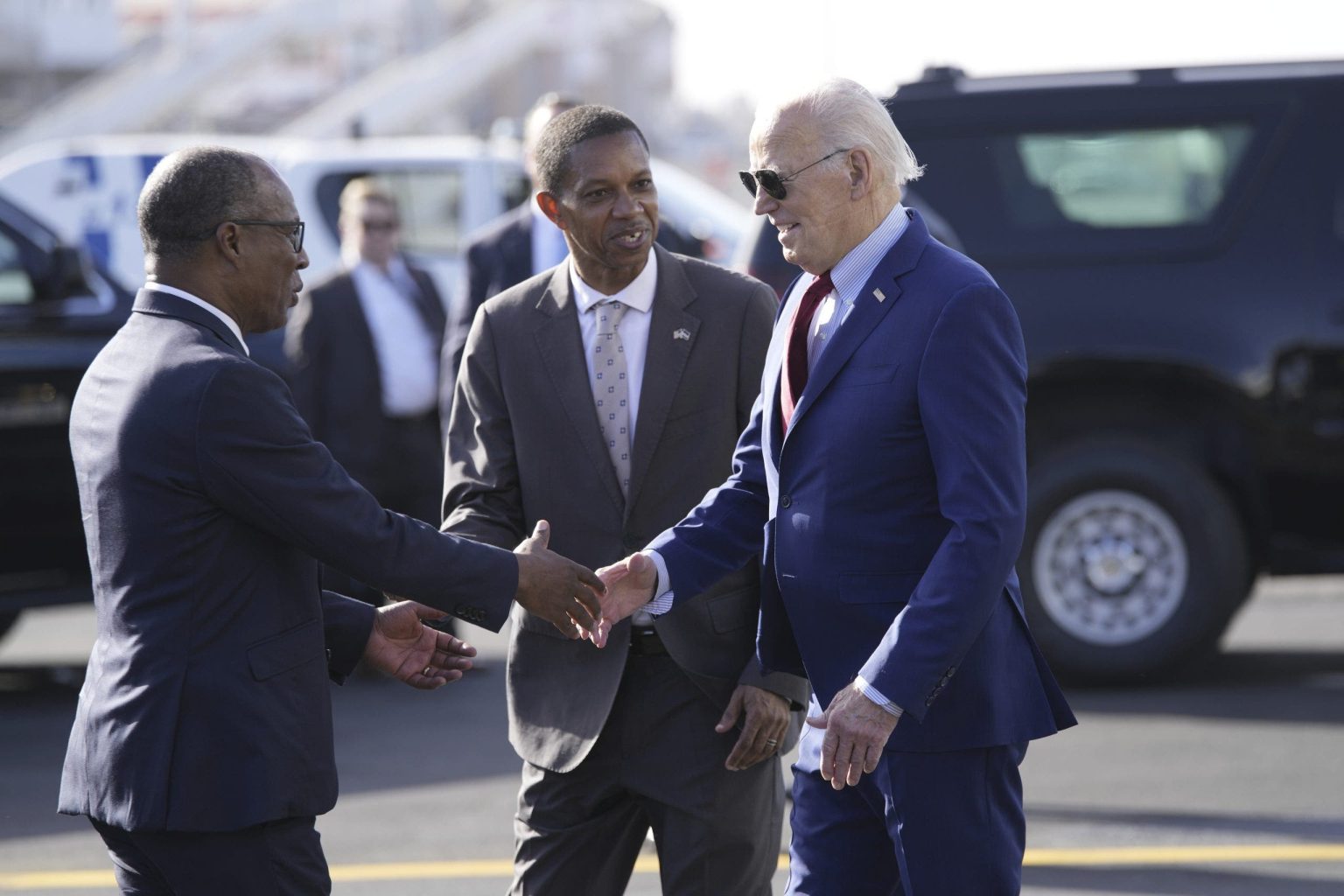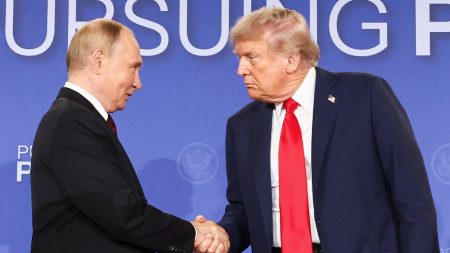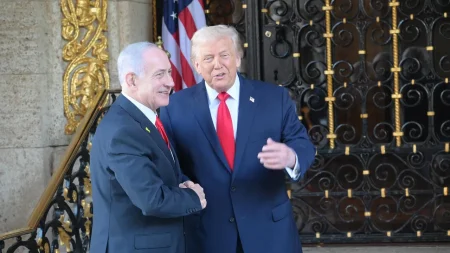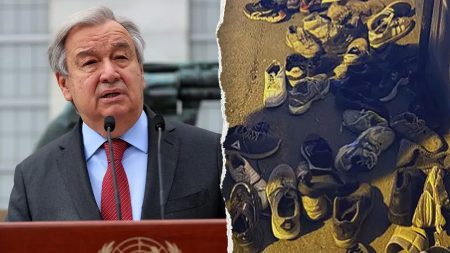President Biden’s inaugural visit to Africa as President, which begins in Angola, is perceived as an effort to create a lasting legacy. However, analysts suggest that his plans may be significantly undermined by China’s substantial decade-long investment in the continent. Cameron Hudson, a former director of African affairs under the George W. Bush administration, expressed skepticism about Biden’s promises, framing the anticipated outcome as one of “over-promised and under-delivered.” Hudson highlighted that while Biden aimed to revitalize U.S.-Africa relations, results so far have not meaningfully diverged from previous administrations. Similarly, Cobus van Staden pointed out the mixed results of Biden’s foreign policy in Africa, noting that while his administration has improved the tone and communication regarding engagement with the continent, it remains to be seen whether the proposed infrastructure and investment initiatives will be realized.
Dr. Frances Brown, a senior White House official, countered critiques of Biden’s administration by touting the U.S. commitment of $55 billion over three years made during the 2022 Africa Leaders’ Summit. According to Brown, over 80% of this pledge has already been fulfilled, and two years following the summit, the administration had facilitated numerous high-level visits to Africa. She highlighted the Lobito Rail Corridor as a crucial project in Biden’s Angola visit, aiming to enhance the transportation of vital raw materials from the Democratic Republic of Congo (DRC) to Angola’s port. This railway is intended to significantly reduce transit times and bolster access to critical minerals, which align with U.S. economic interests.
The anticipated surge in demand for critical raw materials (CRMs) such as nickel, cobalt, and lithium is set against a competitive backdrop dominated by Chinese investments and advancements in electric vehicle (EV) technology. Analysts indicate that while the U.S. aims to secure these resources, much of the current supply is already under Chinese control. The DRC, as the leading producer of cobalt, finds itself at the nexus of global resource interests, yet faces challenges from established relationships that China has fostered within Africa. Notably, as infrastructure projects like the Lobito Corridor emerge, they contend with established routes such as the TAZARA railway, which is set to be upgraded by Chinese firms, potentially impacting the viability of American-led initiatives.
China’s overarching presence and dominance in mining and EV supply chains starkly challenge U.S. efforts to gain ground in Africa’s resource race. The scale of Chinese investment and ownership in the DRC raises concerns for U.S. attempts to assert influence, as many mines and critical resources remain tightly held by Chinese corporations. The Biden administration’s strategy hinges on securing diversification in African partnerships, capitalizing on the continent’s desire to engage in varied economic relationships. Hudson emphasized the urgency for the U.S. to forge strong commercial ties with African nations, advocating for projects that are not only large-scale but also foster a sense of mutual partnership rather than a reliance on aid.
The economic landscape in Africa presents both significant opportunities and daunting challenges for the U.S. Hudson and Chabala underscored the vast potential of Africa’s youth population and abundant natural resources, portraying the continent as an untapped market that could be essential to countering Chinese economic influence. They argued that both the U.S. and EU need to reshape their long-term strategies, focusing on fostering economic independence within Africa and ensuring that African nations are treated as equal partners in these endeavors. This approach not only aims to balance existing economic dynamics but to cultivate a sustainable, mutually beneficial relationship with the continent.
In conclusion, the current international landscape necessitates a renewed focus by the United States on Africa, particularly as geopolitical tensions with China continue to evolve. Analysts point out that while there is potential for impactful cooperation and investment, the success of Biden’s policies will ultimately depend on whether the initiatives materialize and if they genuinely resonate with the aspirations of African nations. As African countries express their desire for more agency in their economic partnerships, the U.S. must offer attractive, fair, and equitable opportunities to secure its position within an increasingly competitive geopolitical arena. With an upcoming election cycle, a shifting landscape may require future administrations to pay close attention not only to the continent’s needs but also to the desires of its diverse populations for collaboration that respects their sovereignty and choices.


![Standard Chartered Cuts Bitcoin and Ethereum Forecasts, Predicts Bottom by [Date] at $[Price]](https://commstrader.com/wp-content/uploads/2026/02/3f2a2e40b5435ea86ade84c25b7ee76c02e7fe3c-300x200.jpg)












